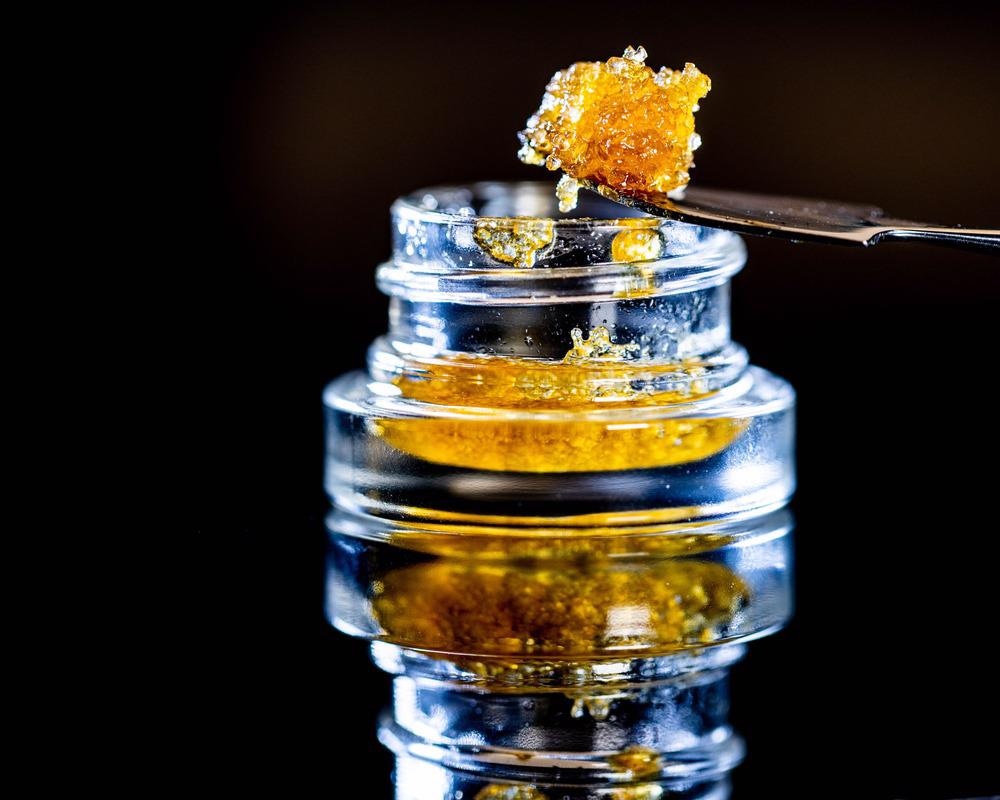‘Short-path distillation,’ as the term indicates, is a distillate separation process that has been shortened. Any circumstance where the separation of liquid solution components is necessary uses the strategic heating and cooling of a substance to isolate and manipulate the sum of its parts. Utilizing scientific processes such as boiling, condensation, and evaporation forces the components being contained to react and recede in order to determine the composite chemical categories.

Image Credit: Shutterstock/420MediaCo
Advantages of Short-Path Distillation
The advantages of this process, a miniature model of large-scale distillation, are two-fold. Firstly, a reduction in the equipment is necessary to simplify the experiment in order for it to emulate and run effectively. Secondly, the simplified instrument set-up and apparatus means that short-path distillation is a procedure that can be performed easily, regardless of location or laboratory size.
The transportation of a solution over just a few centimeters can bring about a purity level of 99% within the remaining distillate, making the case for this surprisingly simple but effective element extraction method.
Glas-Col’s Specific Short-Path Distillation Systems
Glas-Col has designed and developed a substantial range of adaptable instrumentation. Where short-path distillation is concerned, the hardware and equipment have been engineered specifically for the intensified heating of glassware, resisting searing temperatures of up to 400 °C.
The EMS Stir Mantle is Glas-Col’s most frequently modified and commonly used model: fabricated out of aluminum, it is optimized for the short-path distillation of cannabidiol (CBD) and tetrahydrocannabinol (THC).
CBD and THC are the two cannabinoid composites that have garnered the interest of medical institutions and laboratory-based research centers globally.
The Extraction of Cannabinoids
Extracting cannabinoids through short-path distillation using ethanol is both economically and ecologically advanced.
In contrast to its carbon dioxide equivalent, ethanol extraction can efficiently extricate all of the raw materials that cannabinoids are renowned for. Besides collecting the oils that bear the medicinal value, the process enables the capture and of the acids and components that support the manufacture and discovery of hemp, cosmetics, and other products, including household chemicals.
The Various Virtues of Cannabinoids in Medicine
Both medically and pharmaceutically, exhaustive research has illustrated how CBD oils are the cannabinoid with the highest potential for the treatment of an extensive list of mental and physiological conditions.
From the reported ability to reduce levels of clinical depression and other serious psychological disorders to ameliorating physical symptoms including chronic pain, literature from sources and specialists all over the world also supports its healing qualities in controlling and limiting fits and reactions.
Epilepsy sufferers have been using CBD to reduce and, in some cases, practically eliminate the severe attacks they are prone to as a result of their condition. Ongoing research into the controversial issue of cannabinoids for the treatment of cancer – especially the counteraction of side-effects and chemo-related illnesses – has demonstrated that a regular course of CBD can counter previously uncontrolled symptoms.
At Glas-Col, their specialists agree that short-path distillation’s relevance in any application requiring distillation will enhance its ever-growing popularity as a trusted procedure.

This information has been sourced, reviewed and adapted from materials provided by Glas-Col.
For more information on this source, please visit Glas-Col.